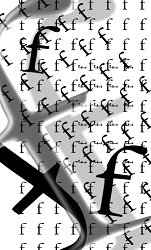O PORTUGUÊS COMO LÍNGUA DE HERANÇA EM MUNIQUE: OFERTAS, PRÁTICAS E DESAFIOS
DOI:
https://doi.org/10.22481/folio.v10i1.4133Abstract
Munich is a multicultural city. Data from the city's statistical department point to a large number of immigrants living in the city, including 2417 Brazilians. Some of the reasons for their presence in the city are binational weddings, family reunions, work and studies. The offer of cultural activities in the city for Portuguese speakers’ is also outstanding in gastronomy, culture and has been growing referring to the teaching Portuguese for Heritage speakers, in formal and informal contexts. This article has the objective of mapping the Portuguese as a Heritage Language offered in the city, as well as identifying the subjects participating in the activities with their motivations and presenting perspectives and challenges for the promotion of these offers.
Downloads
Downloads
Published
How to Cite
Issue
Section
License






